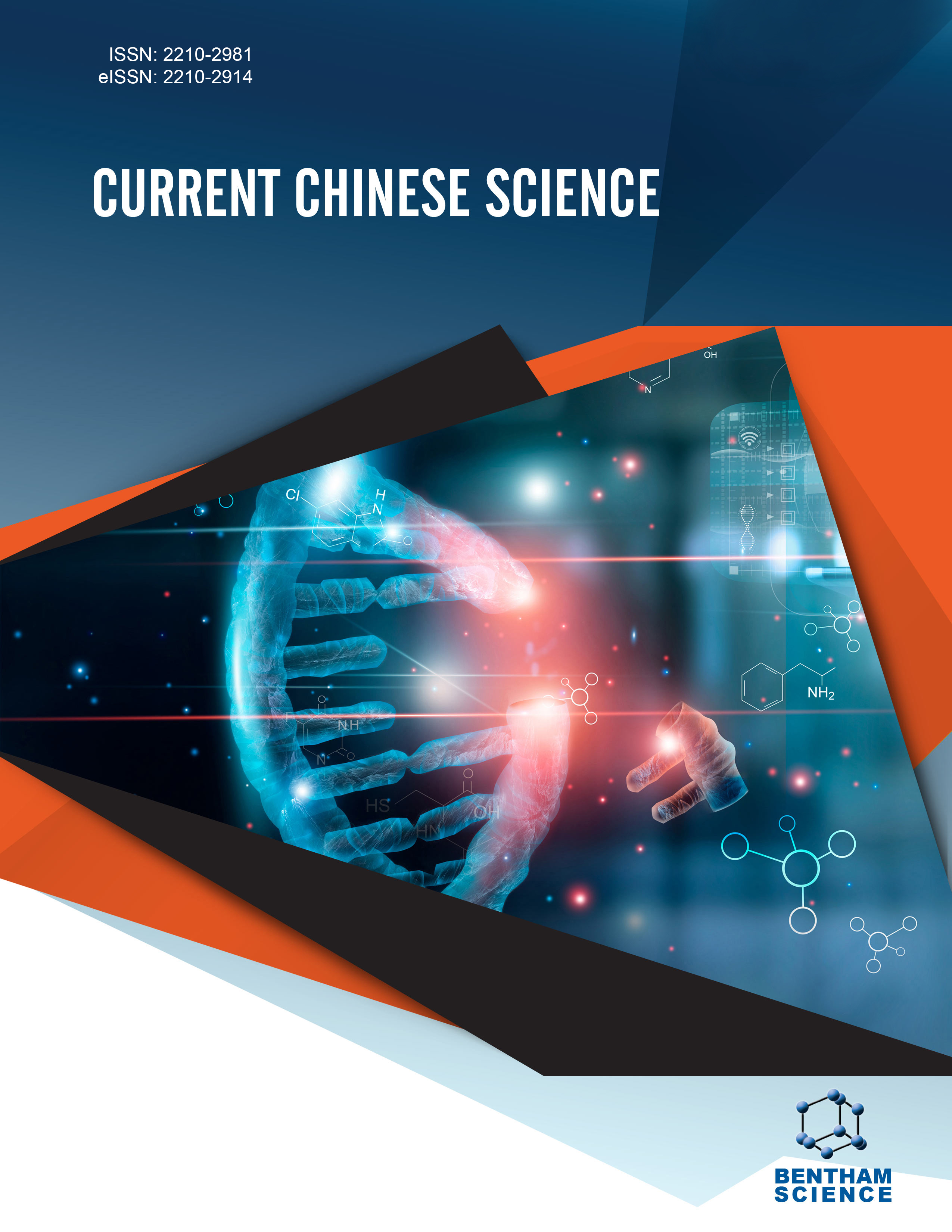-
s Sole Anti-inflammatory Immunomodulators: Innovative Drugs to Prevent and Treat Autoimmune Diseases and Proteopathies
- Source: Current Chinese Science, Volume 1, Issue 2, Feb 2021, p. 273 - 285
-
- 01 Feb 2021
Abstract
Objective: To review the available sole anti-inflammatory immunomodulators or adjuvants, different from pro-inflammatory ones, which elicit a Th2 immunity while inhibiting but without abrogating Th1/Th17 immunities. Adjuvants that are useful to develop vaccines for T-cell mediated autoimmune conditions. Methods: A literature search using PubMed and Google Scholar databases was made to identify reports regarding adjuvants, mechanisms of action, pro-inflammatory autoimmunity and vaccines to treat it, immunosuppressive agents, dendritic cells, helminths, immunotolerance, and infectious diseases causing autoimmunity. Results: Some anti-inflammatory drugs to treat autoimmune diseases inhibit DNA or protein synthesis causing global immunosuppression, which is reduced by using biologics to block key steps in the inflammatory cascade. Fucosylated glycans from helminths, which are anti-inflammatory but not immune-suppressive, offer an avenue to develop better drugs. Fucosylated glycans bind to DC-SIGN, a receptor on dendritic cells, entering the cells via receptor-mediated endocytosis, biasing their immunoresponse to a sole Th2 anti-inflammatory immunity, while inhibiting the proinflammatory Th1/Th17 immunities. New anti-inflammatory drugs are particular plant-derived fucosylated glycosides with immunological properties like those of helminth-derived glycans. Another class of anti-inflammatory immunomodulators is ligands of the aromatic-hydrocarbon receptor, which by activating this intracellular receptor, boosts the differentiation of regulatory Tcells, inducing an anti-inflammatory immunity. However, aromatic ligands can also stimulate a pro-inflammatory response. Exogenous aromatic ligands are usually delivered intracellularly using carriers like nanoparticles, which upon translocation to the nucleus, activate this receptor. Conclusion: Autoimmune conditions and some infectious diseases, characterized by organ damage due to pro-inflammatory autoimmune immunoresponses, could benefit from nonimmunosuppressive agents to modulate immunity; this way, averting a damaging inflammation.


